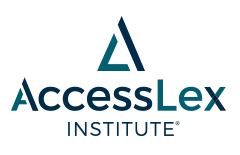Title
Helping Our Students Reach Their Full Potential: The Insidious Consequences of Ignoring Stereotype Threat
Document Type
Law Review Article
Publication Date
1-2016
Keywords
health and psychological barriers, bar passage, stereotype threat
Abstract
A psychological phenomenon may be a significant cause of academic underachievement by minorities in law school. This phenomenon, called stereotype threat, occurs as a result of the fear of confirming a negative group stereotype (such as African-Americans are not as intelligent as Whites). When subject to this threat — as a consequence of being confronted with environmental or explicit triggers — people do worse in academic settings than they otherwise are capable of doing. In this article, I explore the implications of the research on stereotype threat for law schools and make several recommendations to deal with the threat.
There are natural implications for law school admissions, of course. If a portion of our applicant pool is affected by stereotype threat, then we cannot trust the accuracy of the metrics we typically use in law school admissions, i.e., prior academic performance and LSAT scores of law school applicants. Indeed, those credentials actually may under-evaluate the academic potential of these applicants, who are often minority students. This should cause law schools to reevaluate their admissions policies.
After students are admitted, law school provides fertile ground within which stereotype threat can flourish. This, of course, means that the performance of minorities in law school — in class, on exams, and in other areas — is likely to be diminished, such that many minorities will not perform up to their academic capacity. And, obviously, we would expect this same dynamic to play out on the bar exam.
Law schools can address stereotype threat at each of these levels, and they should do so. This article lays out a framework for understanding and dealing with the threat.





